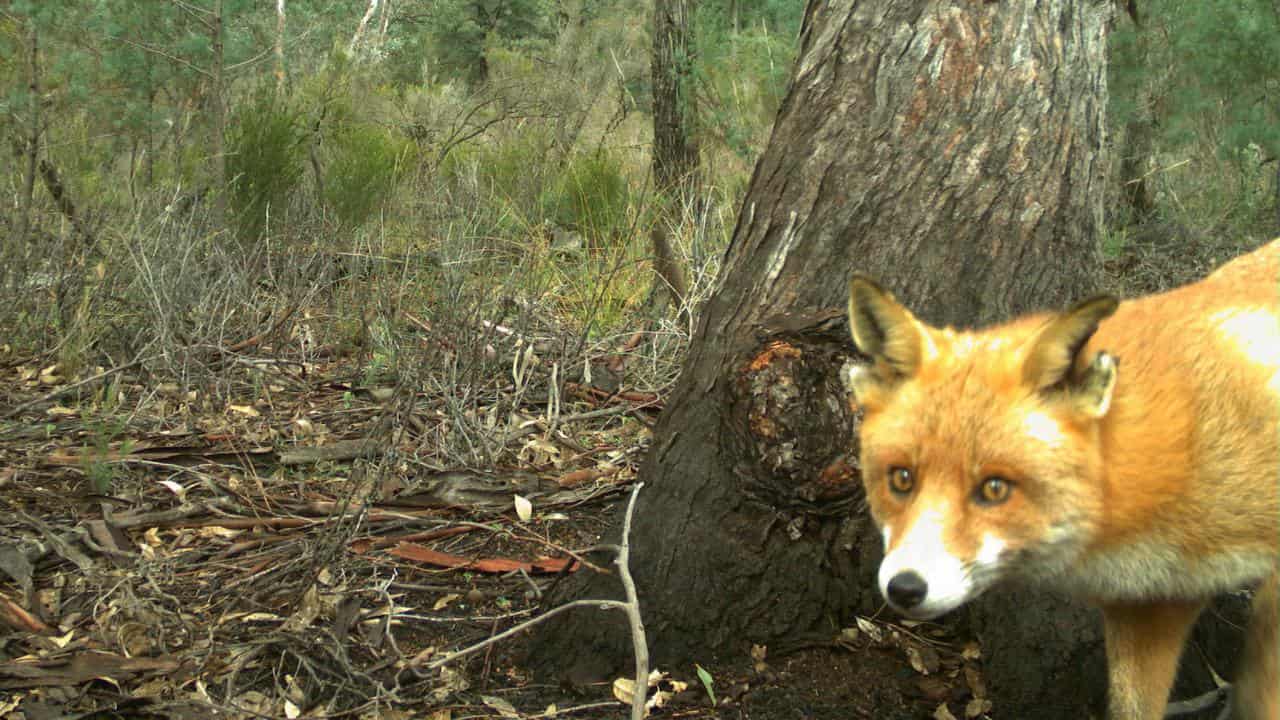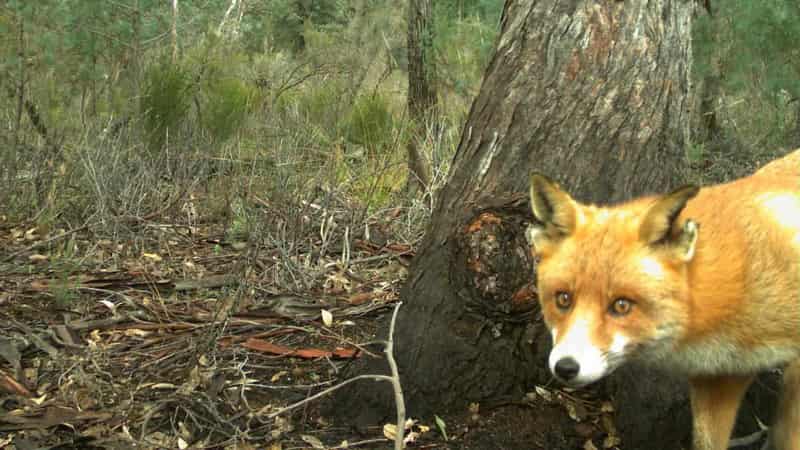
Australia's unique environment is under relentless attack by unwanted aliens and climate change is about to supercharge the threat, top scientists warn.
The first global assessment of invasive alien species has been released in Germany, detailing staggering losses for nature and the economy, alongside escalating threats for human wellbeing.
The report took four years and is the work of the Intergovernmental Science-Policy Platform on Biodiversity and Ecosystem Services, which advises the nations of the world on pressing environmental concerns.
It says nature is suffering as human activity such as trade, tourism and changing land use help plants, animals, insects and pathogens spread to new places, frequently with devastating results.
It's estimated human activity has introduced more than 37,000 alien species to regions and biomes where they don't belong, a figure that's rising at an unprecedented rate and fuelling an extraordinary loss of biodiversity as they prey on and crowd out native species.
Invasive alien species were a major factor in 60 per cent of recorded plant and animal extinctions and the sole driver in 16 per cent of them. In fact, 1200 local extinctions can be put down to about 218 invaders.
Global economic costs have been conservatively estimated at more than $423 billion a year.
Scientists from Australia and New Zealand who helped write the report say there's an immediate need for collective international action and there's no time to lose as the climate warms.
"Climate change is an exacerbator of invasive alien species, and the two interact together," says Philip Hulme, one of the report's co-ordinating lead authors and a distinguished professor at New Zealand's Lincoln University.
"The spread of species that might be constrained by climatic factors at the moment, those will be released and we'll see species moving into previous inhospitable environments that have now become much better."
Australia and New Zealand are considered hotspots for biological invasions but the authors say there's plenty that can be done about that.
Andy Sheppard, another coordinating lead author and the Chief Research Scientist at the CSIRO, says the stand out message is that prevention is far cheaper than having to deal with invasions.
"We do have a pretty good history of being able to manage invasive species in terrestrial ecosystems after they've established (but) you can't always prevent, so you need to be ready if something gets in. You have to be prepared and you have to be able to respond quickly."
The Invasive Species Council says Australia has lost about 100 native plants and animals to extinction since colonisation, most of which were mainly due to invasive species, with cats and foxes proving particularly devastating.
The council's biosecurity analyst Lyall Grieve says the federal government will have to pump far more money into warding off new invaders if it wants to keep its promise to prevent any more extinctions.
"It will take long-term, consistent and strategic investments to stop new invasions and deal with existing threats like fire ants and feral deer."









